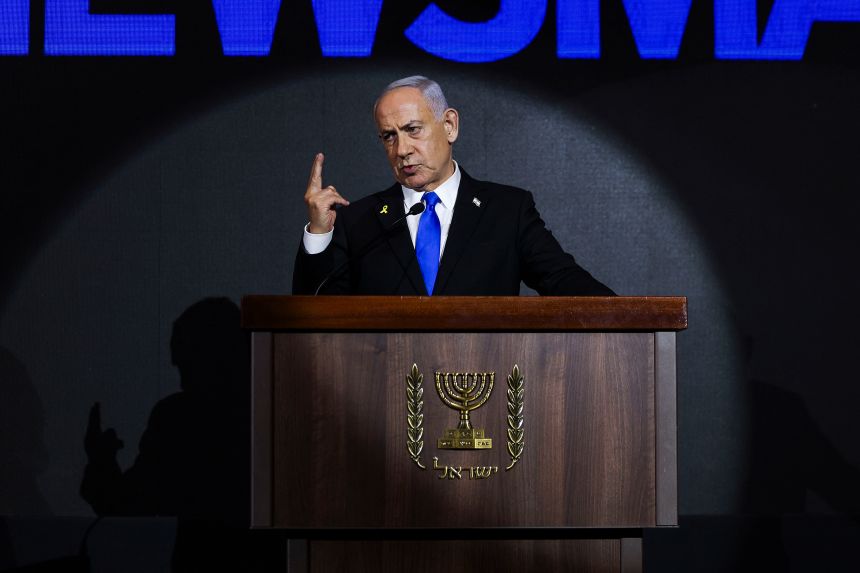When Trump meets Netanyahu, he’ll meet a politician transformed
When Israeli Prime Minister Benjamin Netanyahu meets President Donald Trump at the White House on Monday, they will discuss a Middle East that has undergone radical change.
The US president says a deal to end the war in Gaza is likely. But what’s on offer is politically problematic for Netanyahu – and much as the region has transformed, so has Netanyahu. His drastic change in approach makes it all the more difficult to predict what comes next.
For two years, Israeli jets and special forces have undertaken daring missions, striking targets once thought untouchable, with regional capitals from Doha to Tehran and Damascus bearing the scars of Netanyahu’s pledge to reshape the Middle East after the October 7, 2023 attacks on Israel.
At the United Nations General Assembly last week, Netanyahu proudly touted Israel’s military operations.
“We’ve hammered the Houthis. We crushed the bulk of Hamas’s terror machine, we crippled Hezbollah, taking out most of its leaders and much of its weapons arsenal, we destroyed Assad’s armaments’ in Syria, we deterred Iran’s Shiite militias in Iraq, and most importantly and above everything else, we devastated Iran’s atomic weapons and ballistic missile programs,” he said.
“Israel rebounded from its darkest day to deliver one of the most stunning military comebacks in history.”

The growing tally of days in Israel’s war in Gaza reflects another aspect of the same story.
For years, Netanyahu’s approach to warfare was characterized by brief and contained conflicts, especially in Gaza. Operation Pillar of Defense, in 2012, for example, lasted just eight days. The current Gaza war will mark two years next month, the longest in Israel’s history.
When he returned to power in 2009, Netanyahu declared that one of his goals would be eliminating Hamas. In practice, despite his rhetoric, Israel’s longest serving prime minister’s security policy was widely seen as cautious and relatively restrained, even derided as cowardly by political rivals, who also mocked his inability to make decisive moves. His years of big talk turned into small decisions.
Then came October 7.
Two days after the Hamas-led attack left more than 1,200 Israelis dead, Netanyahu promised Israelis “we are going to change the Middle East.” This time, he meant it.
Analysts who once expected caution are grappling with a new reality. Netanyahu once shunned long wars and ground operations, aware of the cost and political capital that resulted in indecisive conclusions or stalemates. Now he pursues them – often against the advice of his own military.

The Israel Defense Forces’ chief of staff, Maj Gen Eyal Zamir, adamantly opposed the latest decision to take over Gaza City, and questioned the high-risk operation targeting Hamas leadership in Qatar. But Netanyahu ignored his warnings.
“From the start of the war through the most recent decisions, including Iran and Qatar, at every one of these stages there were always people in the room who opposed, hesitated or raised reservations of one kind of another,” Netanyahu said at a press conference earlier this month. “And that is perfectly fine, that is their role, they must state their opinion, but in the end, the one who decides is the cabinet.”
This transformation raises a fundamental question, all the more important as the White House meeting nears: Has Netanyahu truly changed?



